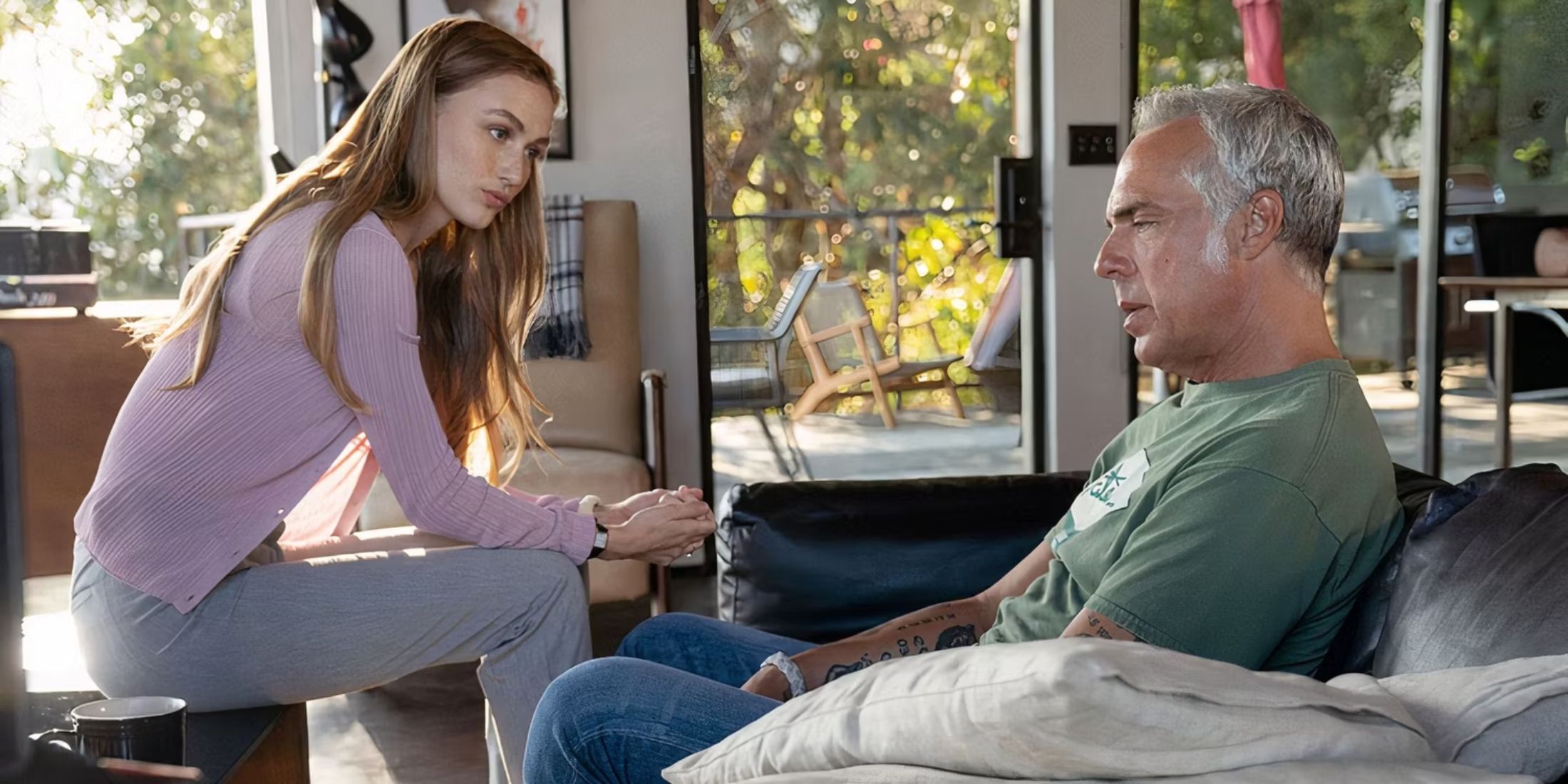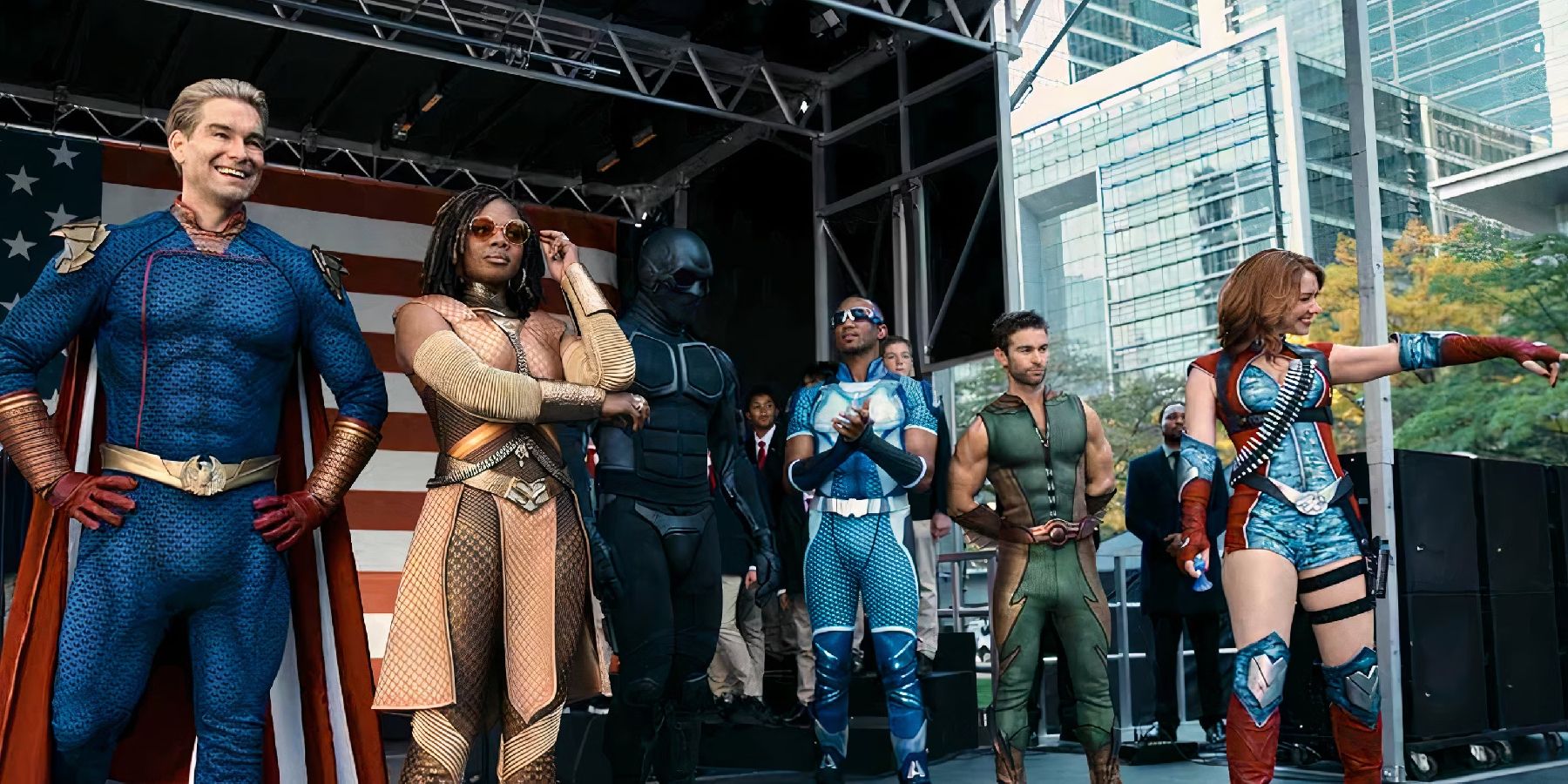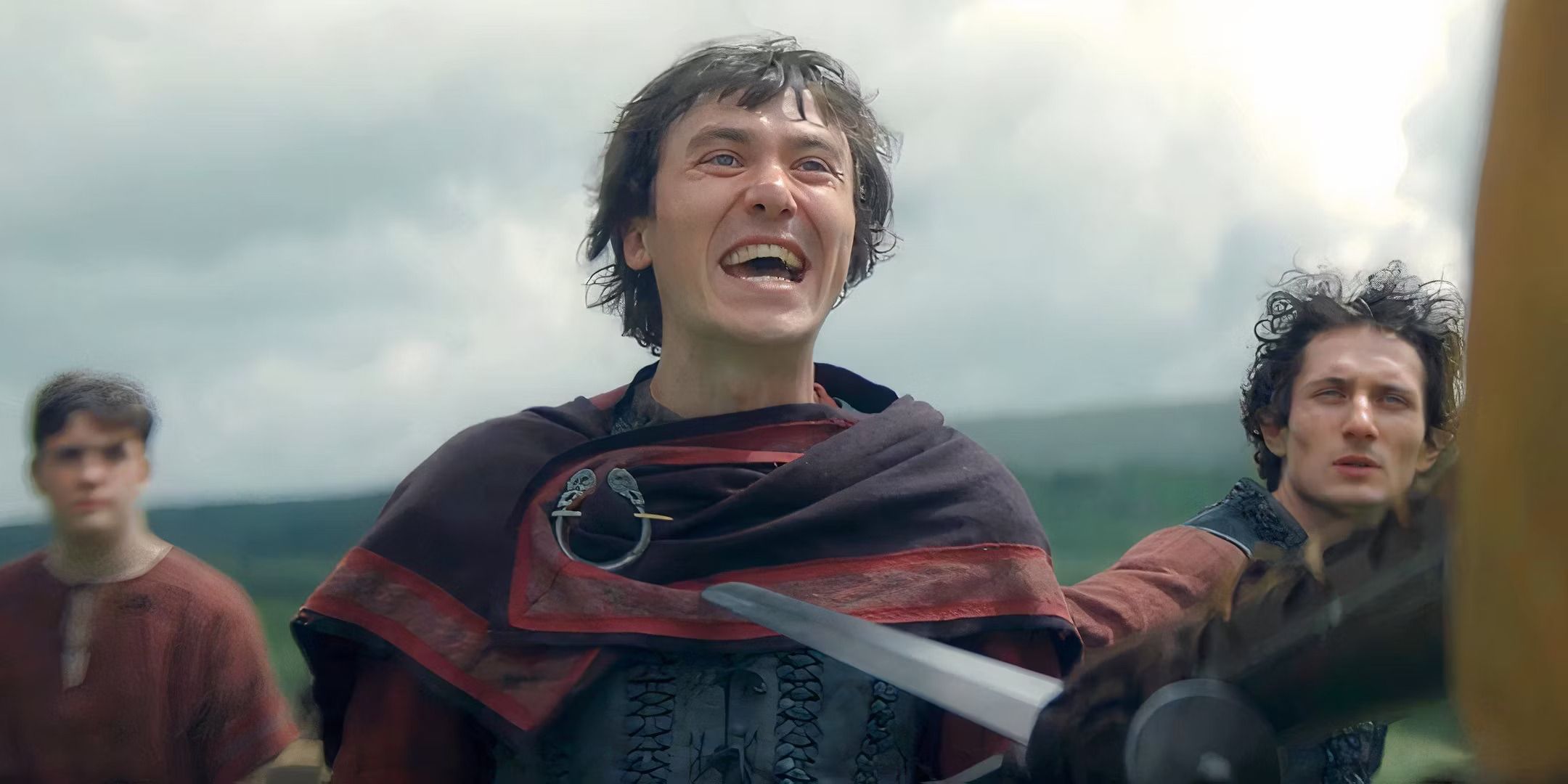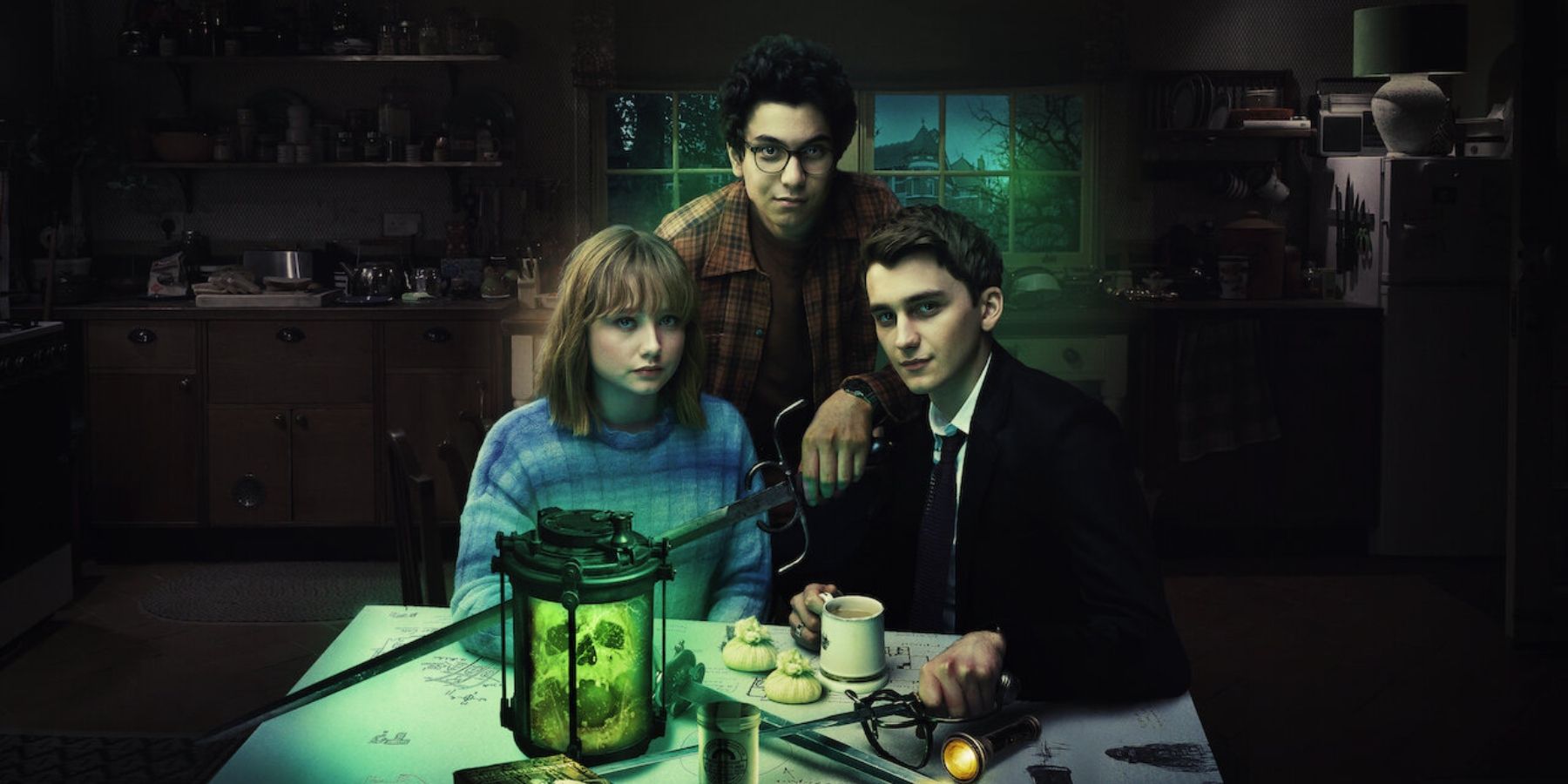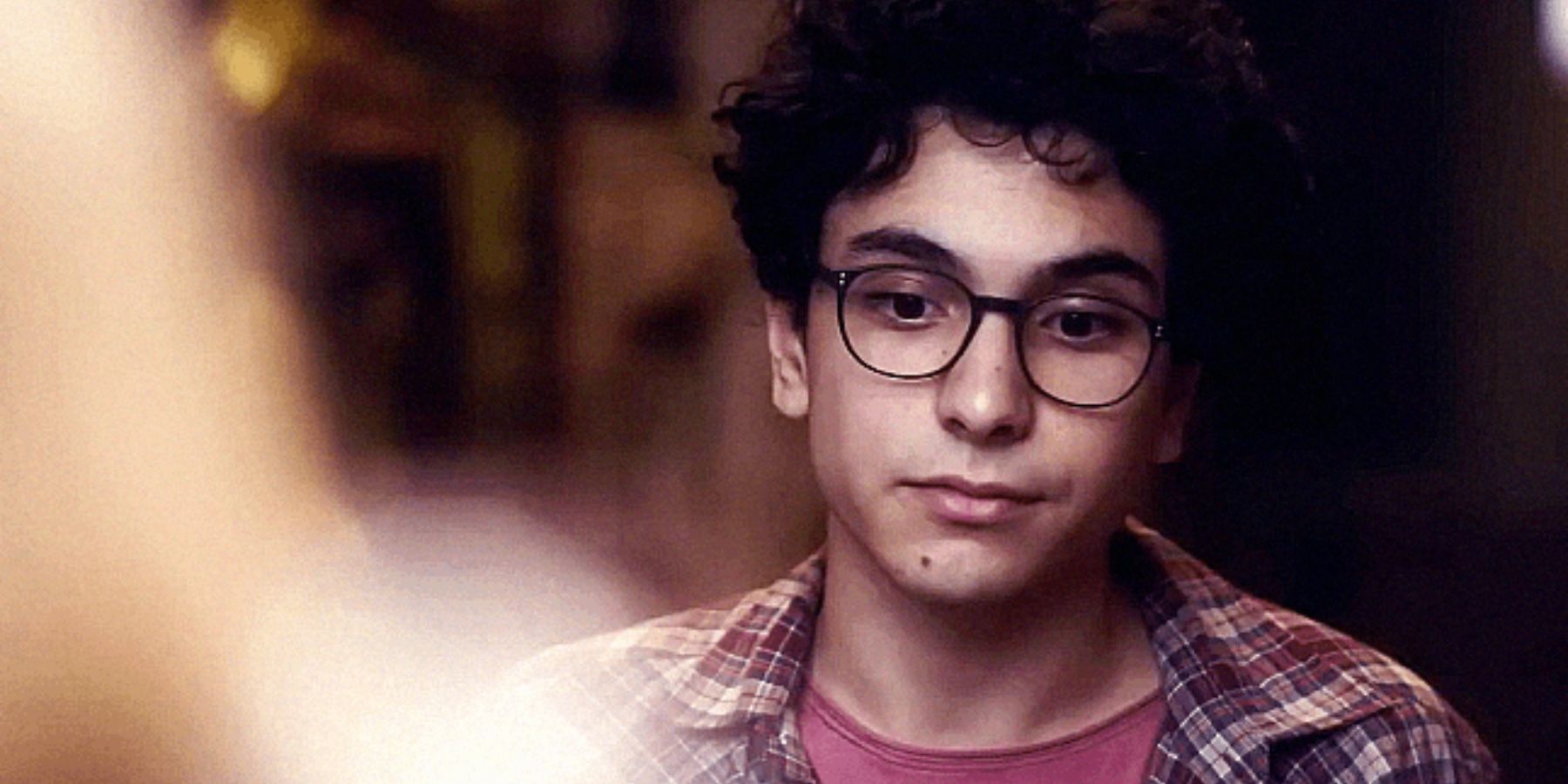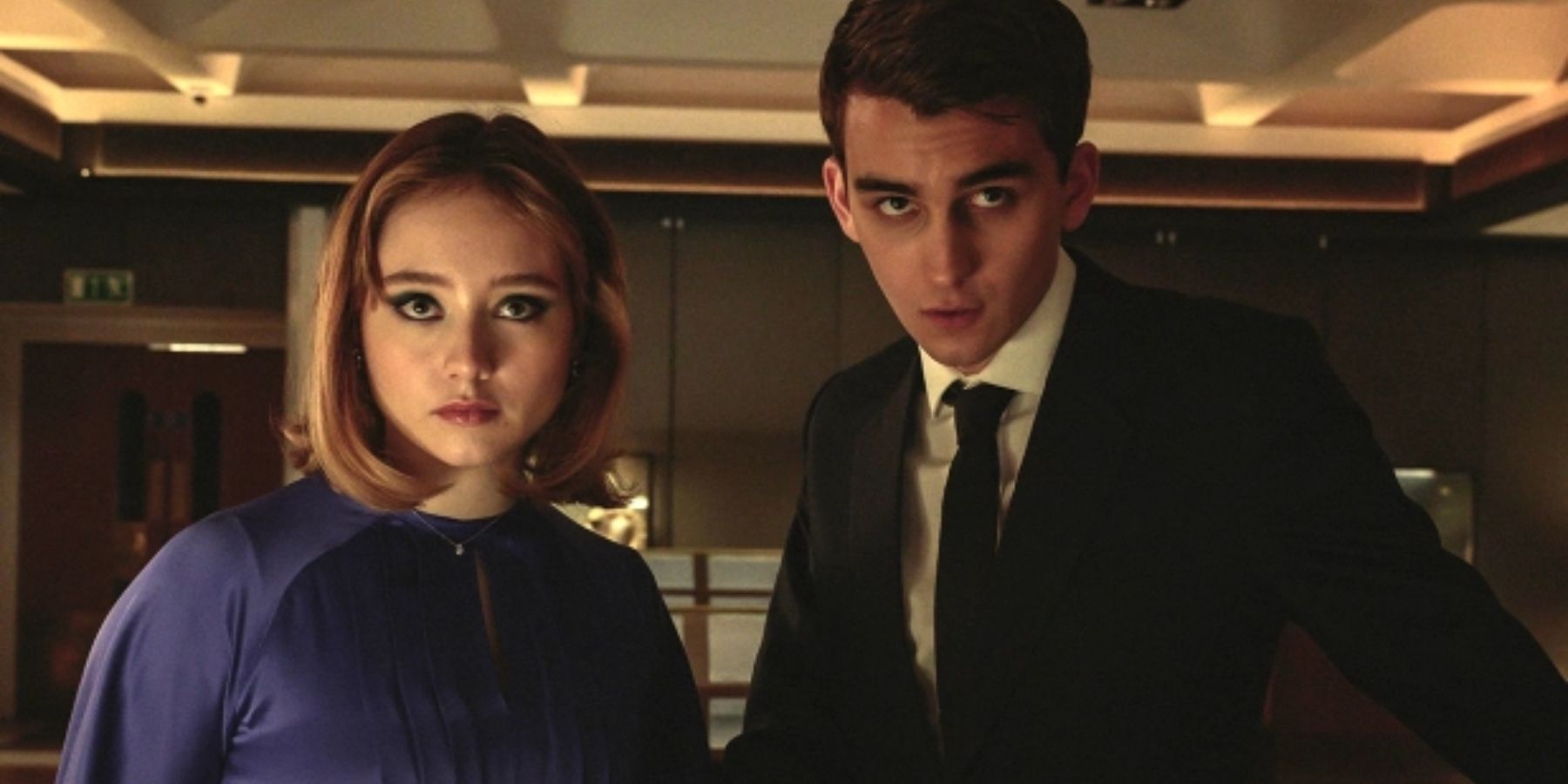The new Netflix thriller series Lockwood & Co, hitting the streaming platform just before the mixed reviewed fourth season of You, based on teenagers fighting paranormal activity, has quickly risen to popularity due to its unique storyline and engaging characters. When characters, dialogue, and narratives are this good, it is usually because the series has been based on successful books, like many other his shows and movies of recent years, where a writer has had time to build a solid lore, and flesh out protagonists into well-rounded, authentic feeling people, and Lockwood & Co is no exception.
Based on a collection of eponymous books by Jonathan Stroud, the show tells the story of Lucy, Tony and George, who are agents fighting against ‘The Problem’, a phenomenon that caused ghosts and spirits to rise and begin terrorizing people in true Ghostbusters fashion. Only those below adolescent have the talents and abilities to interact with the spectral world, are able to see, hear, and subsequently fight them, so the teenagers have become the guardians of peace.
Fans who have read the books have noted that the show is possibly one of the most faithful adaptations in recent years, as it takes all direction, snippets of dialogue, and key events from the first two stories: The Screaming Staircase (in which the trio solve the murder of Annabelle Ward) and The Whispering Skull (in which Lucy learns of her ability to communicate with type 3’s. But despite Netflix working with writer Stroud to produce the show, there are undoubtedly things that get lost in translation across mediums, so there are some things that are markedly divergent from the source material.
Probably the most notable and important of which is the casting and subsequent renaming of George Karim. When the original casting call was put out for the show, the directors and team searched high and low to find promising young actors who would have the right likability, charisma, and chemistry with one another to aptly portray the relationships that are so fundamental to the success of Lockwood & Co Agency.
The person chosen to play George, the introverted but genius researcher who underpins the group with his amazing plans and his ability to keep them all safe, was Ali Hadji-Hashmati. Hadji-Hashmati is an English actor of Iranian decent, and in order to make the show more representative of this, it was decided that the character would be molded to also suit the actor’s culture and heritage. Therefore, George, who was known in the books as George Cubbins, became instead, George Karim. It is a name that suits the character perfectly and was chosen by the actor and the book writer together.
George isn’t the only character who had a slight change in backstory though. The character of Lucy also got more of a limelight in the show, despite being the protagonists in the book, which would imply more depth of character in the written version. The book’s history of Lucy is pretty brief, not revealing much beyond an alcoholic father and a neglectful mother, who signed her up for agency work at the age of eight. However, the Netflix story chose to expand upon this, giving far more depth and detail into her relationship with her mother, the tragedy of the events at Wythburn Mill, during which her best friend Norrie (played by Lily Newmark from Sex Education) became ghost-locked, and her journey to being rejected by the major agencies until she found her way to Lockwood & Co.
Although her backstory is important, and helped many viewers of the series feel more connected to her journey, fans of the books found it strange to have elaborated so far on th narrative, and yet given so little information or background into the events of ‘The Problem’ itself, when it started, how, and why. Beyond some vague news announcements and clips in the intro to the show, Netflix really has given very little context away about the lore of the world that is more prevalent in the books.
However, it’s not only the heroes of the story that have been affected by Netflix’s writing and directorial decisions, it is also the antagonists and villains. Kipps in particular is Tony’s biggest rival, and the two have many scuffles in the books, including a major fight sequence that was left out of the show due to budgetary constraints, and many dares and challenges that often get them into precarious predicaments.
One big change for Kipps that the Netflix show hasn’t yet addressed is the impending end of his career. This was hinted at during the final episode of the series, in which it was discovered that he is aging to the point of beginning to lose his talent, but this leads to a resignation from Fittes Agency in the books that hasn’t quite caught up with him in the series so far. Perhaps this will be a plot point for a possible season 2.

